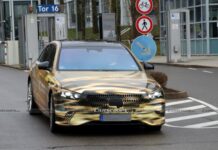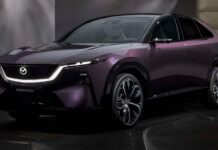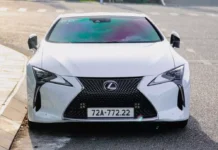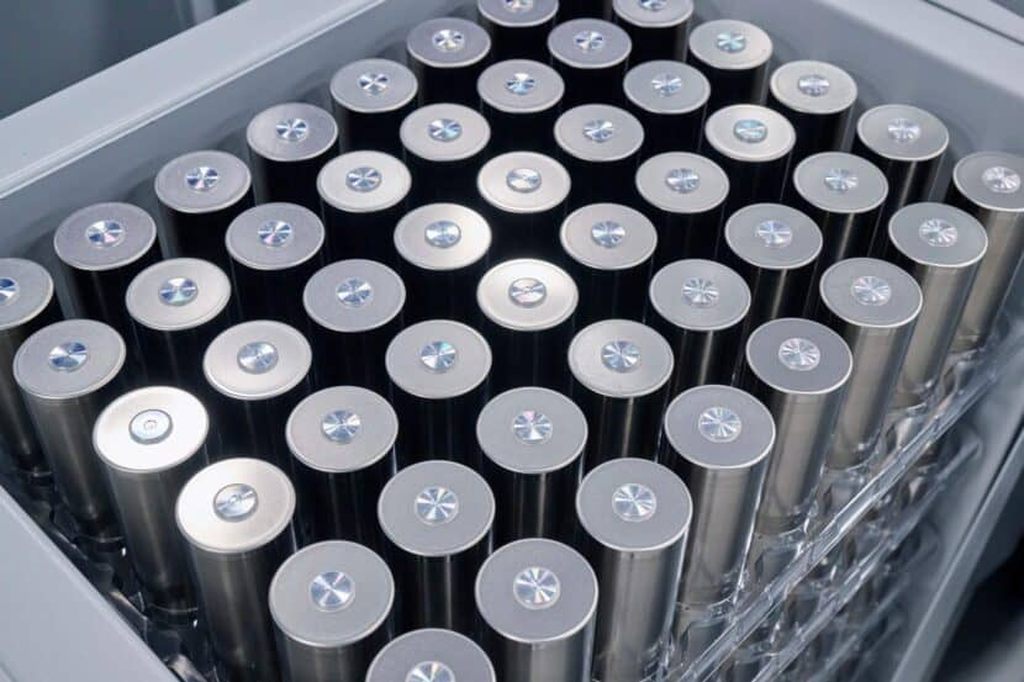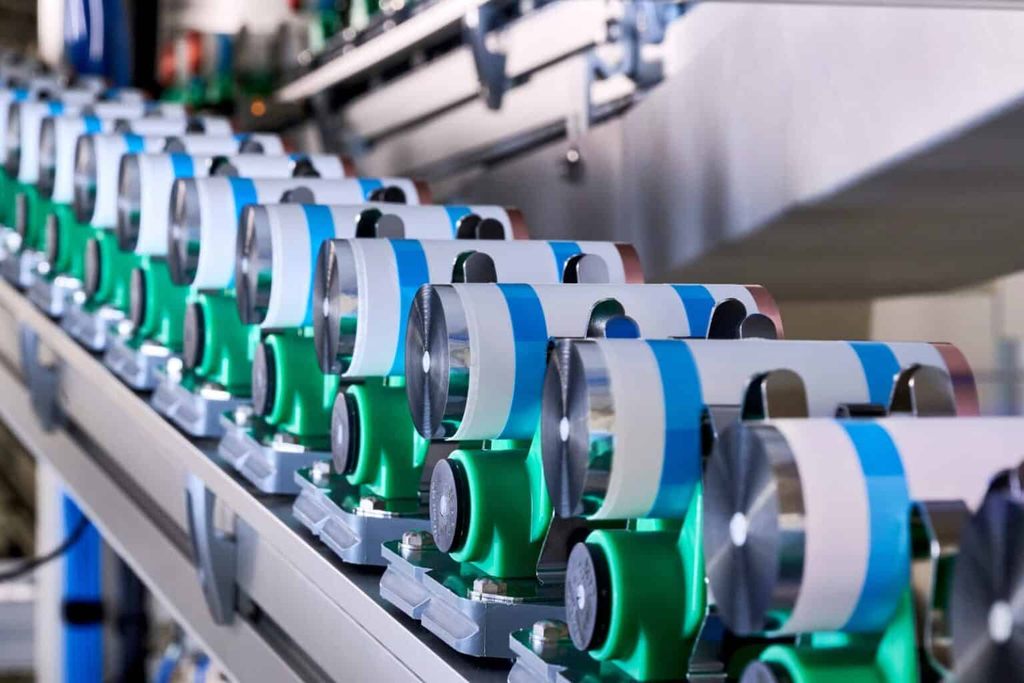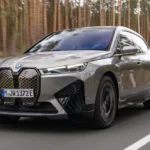BMW has unveiled its new electric vehicle battery technology, promising a 30% increase in range and a 30% faster DC fast-charging speed.
According to Carbuzz, BMW will be implementing several upgrades to its latest battery technology, expected to feature in its Neue Klasse line-up, including the new i3 sedan and iX3 SUV. The BMW Gen6 battery will offer over 30% more range compared to the batteries currently used in vehicles like the BMW i5 and iX, while also providing 30% faster DC fast-charging.
The Gen6 batteries in the Neue Klasse electric vehicles will have a higher energy density, thanks to the switch to cylindrical battery cells, replacing the prismatic cells in the current product line. BMW will offer small battery cells with a diameter of 46mm and two different heights (95mm or 120mm), depending on the vehicle’s application. Instead of being arranged in separate modules, the battery cells will be integrated directly into the battery pack, reducing weight and size while improving efficiency and increasing interior space.
The batteries will also be an integral part of the Neue Klasse models’ structure. While batteries in current BMW electric vehicles are housed in a separate casing, the new models will utilize a “pack-to-open-body” structure. This means the rigid outer frame of the battery will act as a load-bearing structural component, reducing the complexity and weight of the parts, and increasing the stiffness and strength of the vehicle’s body. BMW even claims that this setup will provide better protection in collisions, as the battery will create a completely flat underbody, making future electric vehicles more aerodynamic.
The modified battery structure will also operate on an 800-volt system—replacing the 400-volt system—enabling faster DC charging. While BMW has not released official figures, they have acknowledged that it will be 30% faster than the Gen5 battery (currently offering 205 kW charging power on the 2025 BMW i4). This suggests that the DC fast-charging power could reach 267 kW, which, while not a groundbreaking figure, is an improvement over current BMW models. BMW states that the new electrical system will add an extra 300 km of range after a 10-minute charge, double the current claim for vehicles like the i7 and i4.
In terms of range, the new battery layout will result in a more efficient electrical system, simpler structure, and reduced weight, contributing to a 30% improvement in charging intervals. According to the WLTP cycle, the BMW models with the longest range could achieve 800 km on a single charge, although this number may decrease to around 640 km in EPA testing. However, the increased range will make the Neue Klasse electric vehicles more competitive, especially considering that even the affordable Hyundai Ioniq 6 can manage 550 km on a single charge.
TT (Tuoitrethudo)
Reference: Carbuzz

